The Art of Unconventional Career Building
Lessons from the founder of a $1B company on careers, creating momentum, and designing an extraordinary life.
🖥️ Today’s issue is brought to you by our sponsor, AWS.
Meta & Amazon are teaming up to help startups supercharge their generative AI innovation. They just launched this new initiative, and they’ll be selecting 30 startups to join this 6-month program, where they are offering:
Up to $200K in AWS credits
Access to a dedicated team of business and technical experts from both AWS and Meta
Networking opportunities with top AI leaders
Dedicated 1:1 technical support
This is a sweet deal!
I recently met Henrik Werdelin, the co-founder of BARK (NYSE: BARK), formerly known as BarkBox, a product subscription service for dogs that grew to over $500M in annual revenue, 650+ employees, and IPO’d at a $1.6B valuation.
Henrik also started Prehype, a venture studio that launched 30+ startups, including several unicorns like Ro Health. More recently, he founded Audos, which is building AI tools to help 100,000 people become founders.
In just a few hours, he completely reshaped the way I think about my career, and after reading this, he might reshape yours, too.
Henrik’s career journey is as unconventional as it gets. Before building companies, he started in radio at the BBC in Denmark, then moved into product innovation at MTV and later the BBC in London. He never imagined, in his early days, that he’d one day start a company for dogs.
It may not seem obvious, but throughout his career, Henrik has followed a consistent philosophy and clear set of principles that led him to build multiple unicorns and an extraordinary path for himself, but despite everything he’s built, Henrik remains humble, open-minded, and deeply curious.
I spent a few hours with him digging into his journey, his mental models, and his approach to work and life. Here’s what I learned:
Seek Principles, Not Outcomes
Most people optimize for outcomes: I want to be a CEO, I want to raise a Series A, I want to build a unicorn.
Henrik suggests inverting the model – instead of chasing outcomes, optimize for principles. For example, I want to work with people I admire, I want to push myself outside my comfort zone, I want to constantly learn new things.
Why it matters:
Outcomes are often outside your control: You can control your principles, work ethic, and decision-making process, but you can't directly control whether you get the exact outcome you want..
Prevents outcome-chasing mistakes: When you focus too much on specific outcomes, you might compromise your principles or make short-sighted decisions that ultimately hurt you.
Long-term optimization: Principles create a sustainable approach that works across different scenarios and time periods, while outcome-focused thinking can lead to you constantly changing your approach to optimize for immediate results.
Henrik references The Score Takes Care of Itself, the leadership classic by NFL coach Bill Walsh. Walsh’s message: If you follow sound principles, you give yourself the best chance of winning. The score (outcome) naturally follows from a good process.
Henrik’s most important principle: Work with people you like and admire over everything else.
Henrik looks for three traits in people:
Agitation – Self-propelled people who constantly have an itch. They can’t help but want to take action and solve problems, and are the type of people who immediately follow up after a meeting with fifteen ideas.
Gravity – Unconventional, quirky people who are original and unconventional vs those who are successful by the book. They have a magnetism to them that attracts people, things, and luck.
Wide Interest Spectrum – Those with intellectual curiosity who are curious about many things. They are naturally inquisitive people who want to know how the world works.
These are the qualities he’s used to choose who to hire, invest in, and build with over the past two decades.
The Snowball Framework for Career Advancement
The Snowball Framework is Henrik’s metaphor for how to build momentum in your career and in life.
The truth is that most people struggle to turn abstract ideas into tangible things. But once you convert a concept into a thing that people can react to, like a prototype demo or even a website, you gain what Henrik calls gravity.
People can then react ("that's cool" or "I hate that"), get excited, and momentum will build naturally. On the other hand, abstract ideas that remain in your head generate no reaction.
The Snowball Framework: Like building a snowman, the hardest part is making the first snowball. Once you have it, you put it down and start rolling it downhill - the rest becomes relatively easy because momentum carries it forward.
At MTV, his boss rejected an idea for an internet show. So Henrik broke into the studio at 2 am and made it anyway. He got promoted.
At BarkBox, Henrik built a quick prototype in 48 hours and took it to a dog park. Using Square on their phones, they signed up 70 paying customers on the spot.
Today, building snowballs is easier than ever.
With AI tools like Lovable (mockups), Claude (copy), and Replit (prototypes), anyone can turn an idea into something tangible in a few hours.
Early in your career, when time is your most abundant asset, the upside of building something is massive …and the risk is nearly zero. You will never be penalized for showing up with a solution to someone’s problem.
A few years ago, the adage went: "Ideas are worthless, execution is everything.”
But AI has changed everything, and today, the opposite is true: Ideas are more valuable than anything else.
Designing a Life with the 8+1 Framework
Finally, Henrik shares the framework he uses to juggle running multiple businesses and raising a family. In addition to building companies, investing, and launching new ventures, he’s also written a book, hosts a podcast, teaches entrepreneurship at the university level, and is a husband and father to a young son.
With all those commitments, it's easy to wonder: How does he do it all?
The answer is that he's developed a system for himself. It’s called the 8+1 Framework. It’s deceptively simple.
Henrik organizes his life into eight key “boxes,” each representing a domain he wants to stay intentional about:
Transact – Income-generating work (advising, operating, paid projects)
Invest – Activities with compounding returns (reputation, equity, learning bets)
Assist – Helping others (mentorship, introductions, writing)
Learn – Staying intellectually sharp and curious
Health – Fitness, nutrition, sleep, and mental well-being
Family – Quality time with his family
Relationships – Deepening friendships and professional connections
Ego / Self-Kindness – Joy, play, gratitude, and moments that refill the tank
He uses these boxes to categorize how he spends his time and attention, and always aims to have his activities fit into one or more boxes.
The “+1” is the review. Every week, Henrik sets aside time to reflect on each box. What’s full? What’s getting neglected? What adjustments or experiments can he run to rebalance things? The discipline to pause and check in is what makes the system work.
It’s a simple framework, but when followed consistently, it keeps him aligned with the life he actually wants to live.
How to Take Advantage of the Next 3 Years
I genuinely believe we’re entering a period where the way you spend the next 1–3 years could shape the entire arc of your career.
I’ve worked at the biggest tech companies in the world …and with the scrappiest early-stage founders, and I’ve never seen momentum like what we’re seeing now.
Wherever you are in your journey, Henrik’s story offers a few timeless (and timely) ideas:
Principles > outcomes. Let values guide your path, not titles.
Build the snowball. Make ideas tangible. Don’t wait for permission.
Work with people you admire. Find your most important filter.
Use AI as leverage. You can build faster than ever before.
Stay curious and generalist. The future belongs to those who wander with intent.
Design your life, not just your work. Use systems like the 8+1 Framework to stay intentional across everything that matters.
Your path may not be linear; in fact, it often isn't. But if you follow the right principles, build snowballs, and stay open to unexpected opportunities, you'll end up somewhere remarkable.
And if that path involves building a company or chasing an idea, Henrik’s next mission might resonate. He’s aiming to help 100,000 people build companies in 2026.
If you want to be part of that journey, follow along with what he’s building next.
👉 What’s Next
📘 Get Henrik’s book: Me & My Customer: The New Rules of Entrepreneurship. A must-read for anyone building in the AI era. Buy it here.
🔥 Join our fireside chat on August 18 (NYC): We’ll go deep on career design, unconventional paths, and how Henrik thinks about building the next 100,000 founders. RSVP here.
🍷 Apply for our private dinner on August 18 (14 seats only): I’m cohosting an intimate dinner with Henrik in NYC. Apply here.
📌 Andrew’s Bookmarks
Important links to help you become wiser and more creative.
How to Live Near Your Friends by Priya – I’ve never understood why more people don’t do this. Proximity to close friends and family is highly correlated with happiness and life satisfaction. Maybe we should be paying more attention to how far we live from friends vs. “building a community” from scratch.
The Death of Partying in the U.S.A.—and Why It Matters – Young people are going out less (possibly bad?), drinking less (good), and socializing more online (mixed feelings). Derek talks about the quiet collapse of traditional nightlife and what’s filling the gap. I’m guilty of this.
Build your personal AI copilot by Tal Raviv – Everyone should already be doing this. A practical guide on setting up an AI assistant that helps you in every aspect of knowledge work.
How I’m Preparing My Parents—And Myself—To Be Fluent in AI by Vivan Meng – Vivan shares how she’s helping her parents build AI literacy, not just with tools but with a general AI-first mindset. A good read if you’ve been meaning to help someone close to you catch up.
💼 Job Board
Sharing job opportunities that my friends are hiring for. If we know each other well, DM me and I can connect you directly.
Head of Operations, Boost My School
Chief of Staff to Erik Torenberg (GP), Andreessen Horowitz
Growth Hacker/GTM Lead / Account Executive / General Manager, V7
Sales, Social, Marketing, Growth, Networks, and Talent Roles at Andreessen Horowitz (DM me directly if we know each other)
Head of Creator Partnerships & Influencer Marketing, Superpower
Head of Product, Superpower
Head of GTM, Elloe
Staff Product Manager, Sydecar
Backend Engineer, 1v1Me
Social Media Manager, Rho
Senior Performance and Growth Marketing Leader, Alinea Invest (reach out to eve@alinea-invest.com)
Customer Success Manager, Limitless AI
Head of Product, Limitless AI
Have a job to share? Let me know by replying to this email.
👉 Btw, if you want to be part of our partner talent network, next play, and get curated job opportunities in your inbox, please sign up here.
💃 Community Perks
🏃 Achieve peak health + performance. Improve your health by tracking 100+ biomarkers to get a comprehensive view of your body and get a customized action plan (P.S. I invested in this company!) Use ANDREW100 for $100 off.
🍽️ Love dining out? Get up to 30% off your bill at top restaurants in NYC and most US cities with InKind. It’s the ultimate dining app for foodies—earn up to 30% back when you eat out, plus get $50 off your bill every month at select spots. And as a bonus, we both get $25 free when you sign up. Sign up here.
💳 Sign up for the AMEX Platinum. Earn 80K points when you spend $8K in 6 months. Sign up here.
🇺🇸 Looking for a US immigration lawyer? Reply here for an introduction to the lawyers I recommend for O1A/EB1 visas.
🚴 Discounted Equinox membership in NYC. Reply here for a free trial and discounted membership.
What other perks should I include? Let me know...
🖼️ Behind the Scenes
I’ve completely changed my lifestyle in the past 6 months.
Quarterly bloodwork (with Superpower) to track improvements.
5 sessions per week in the gym. Heavy focus on legs, lower back, and core.
4+ hours of Zone 2 cardio per week. 30+ minutes of Zone 4.
Daily supplements (Zinc, Magnesium, Omega 3s, B-Complex, Vitamin D3 and some other stuff)
A clean diet (with 1x/week cheat day) and a lot of water.
10,000+ steps a day.
A Garmin watch (Forerunner 265) and an Oura ring to track everything.
It’s made all the difference.
I always have energy, I don’t need caffeine anymore, and I’m insanely productive.
It’s true what they say – the best productivity hack is sleep, diet, and fitness. Solving for health solves everything else.
If you wanna join me on the health grind, I’ll catch you on the West Side Highway.



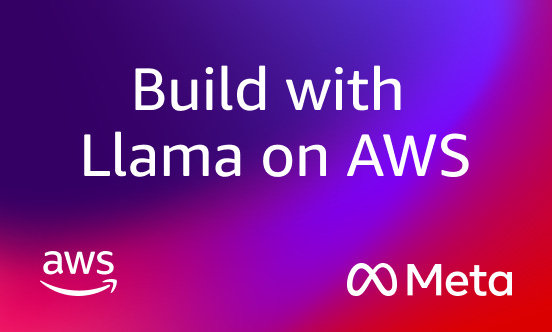



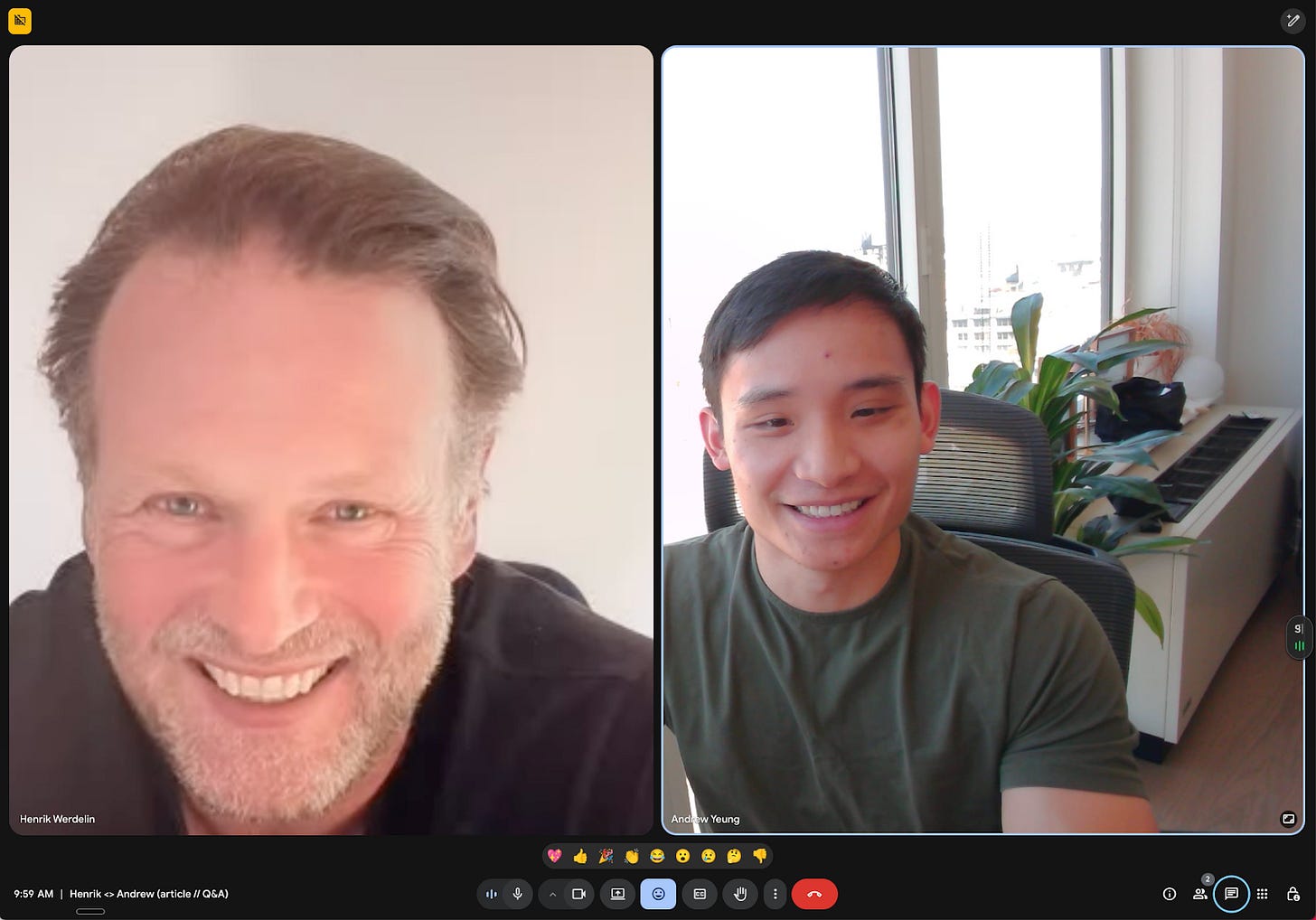
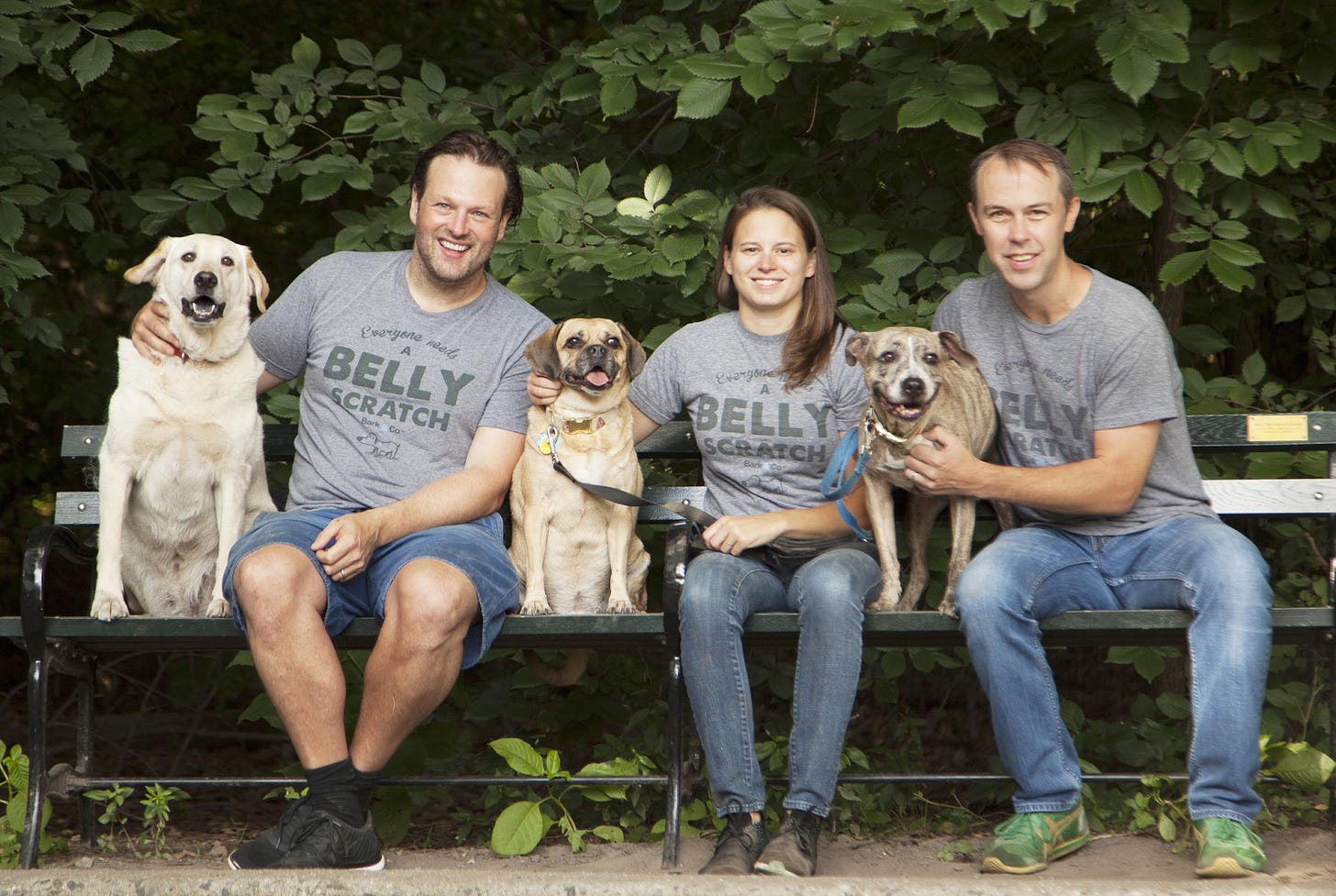
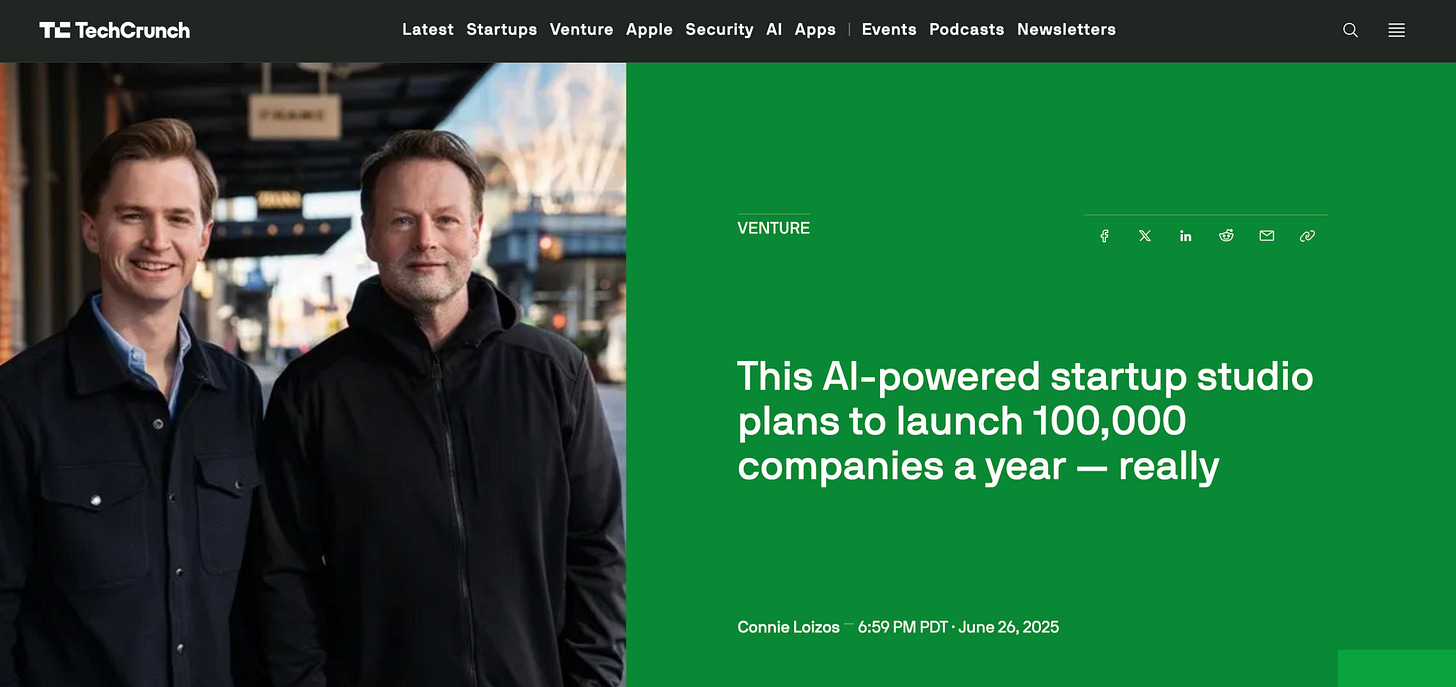

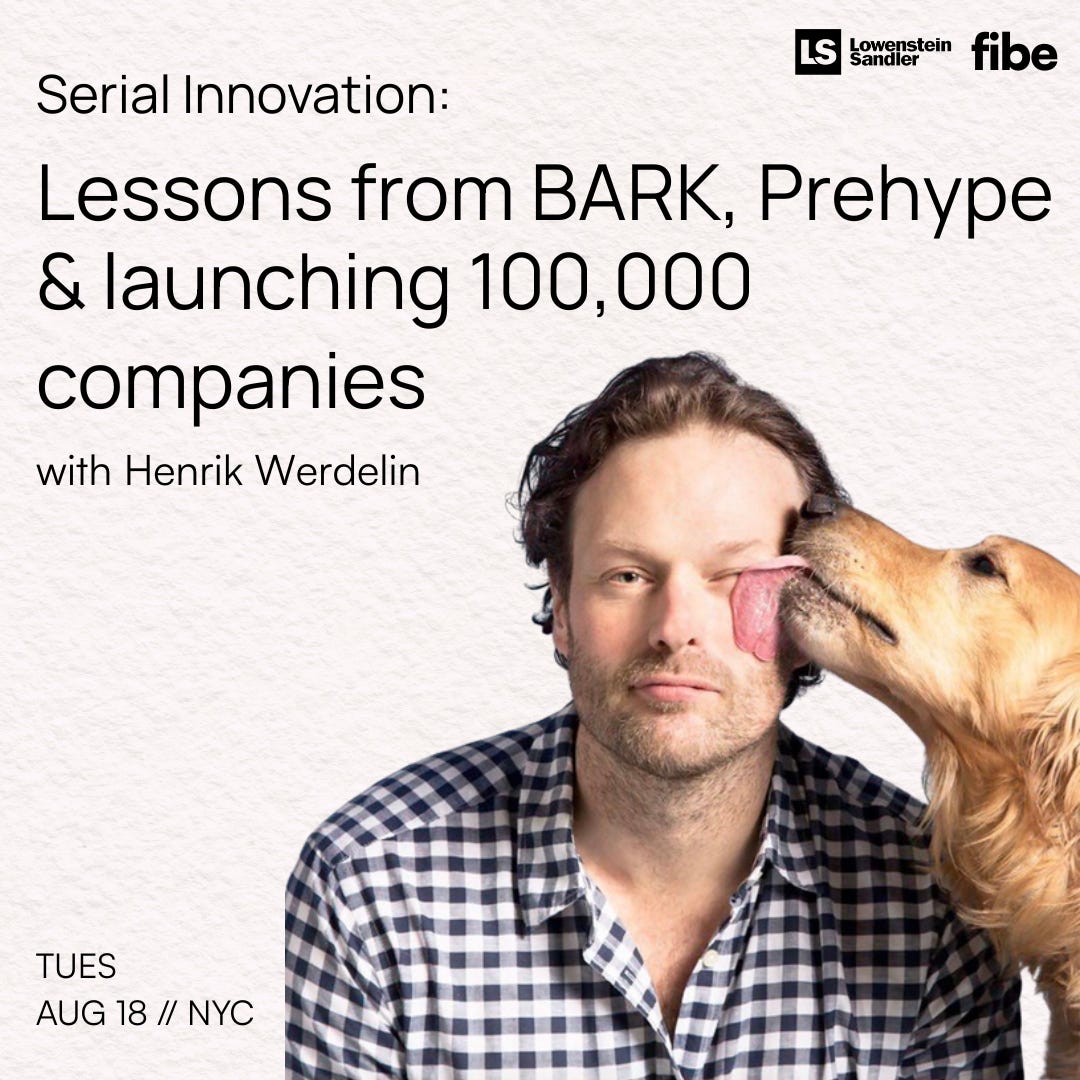

This was a great read! Loved the clarity of thought, I’m definitely implementing a bunch of his advice in my own life.
Love this! I’m writing in a similar space if you’d like to check out my page :)) https://thestillwandering.substack.com/